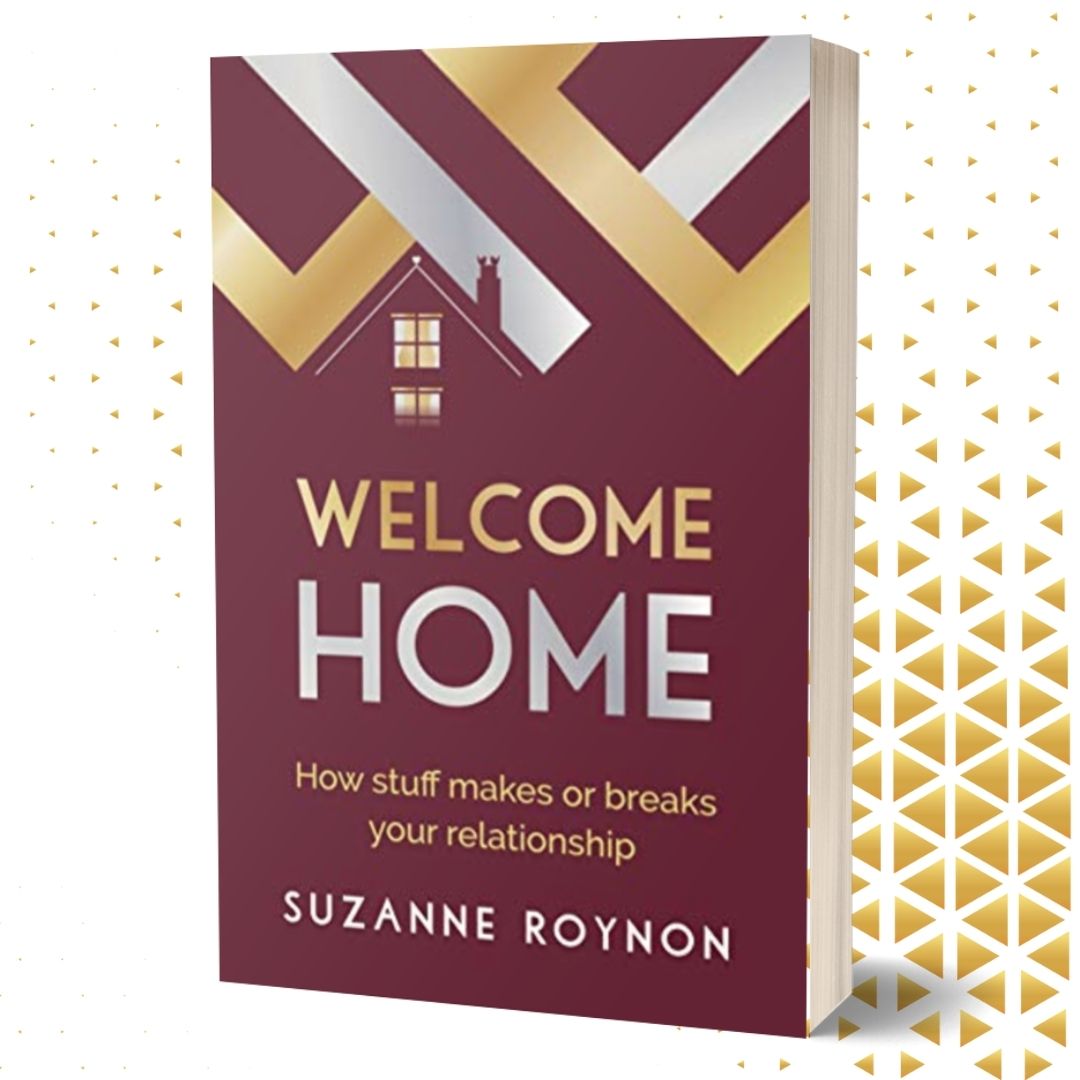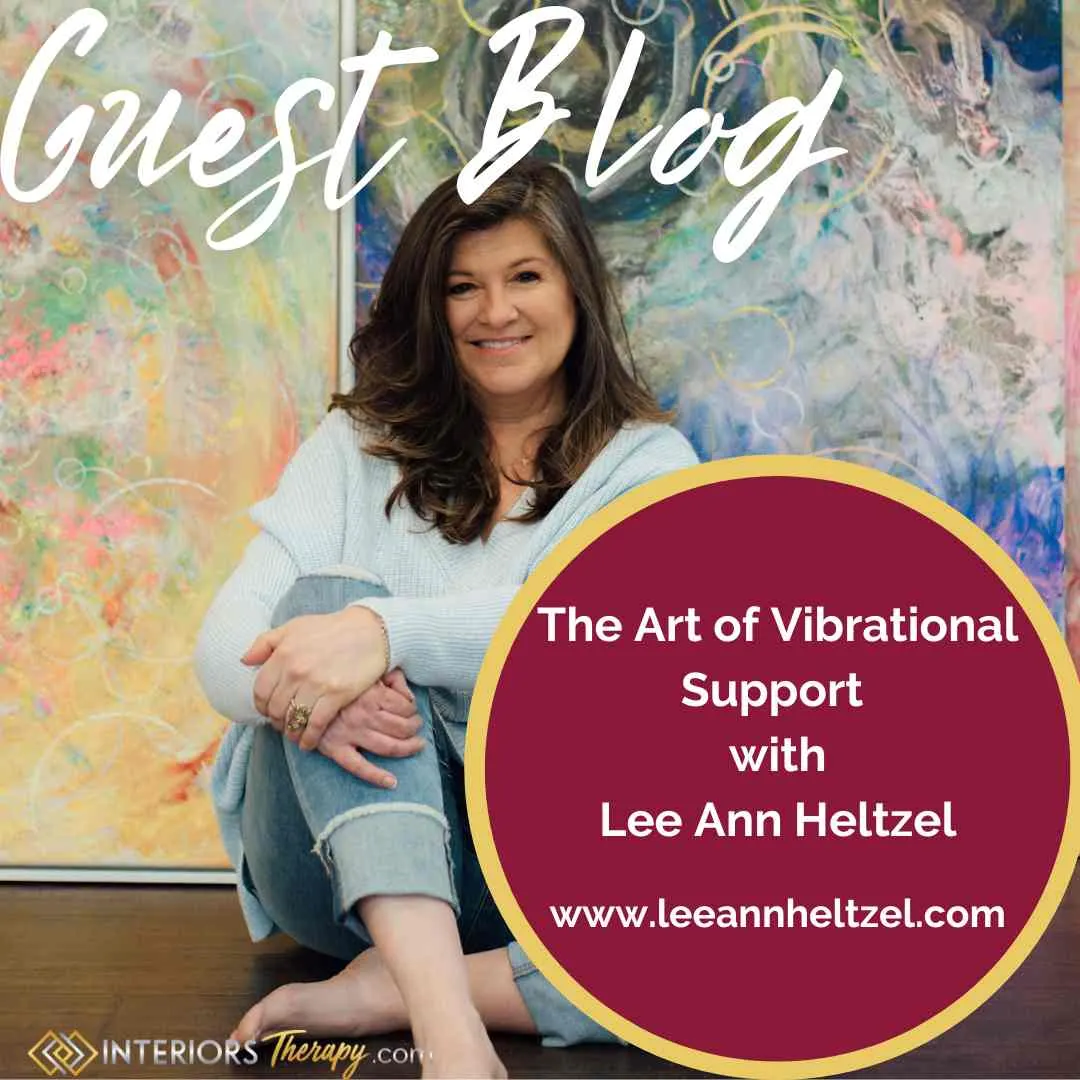Working through a winter lockdown

With half the country back in lockdown to varying degrees and the rest of us poised for nationwide circuit breaks – even if we live far from any hotspots – it’s time to revisit the working from home set up.
Looking on the bright side (there is always a bright side!) Schools and nurseries are open for the time being. This relieves pressure on parents who earlier in the year were juggling earning a living, homeschooling, babysitting and random family members crashing every conference call.
It’s one thing being at home during spring and summer while the light levels are at their peak and the warm air encourages opening windows and taking exercise outdoors on long balmy evenings.
It’s quite another when it’s cold, wet and dark and our natural instinct is to curl up under a duvet.
So what are my simple tips for making the best of the situation?
1. Define a dedicated ‘work space’
Rather than flitting between the table, the sofa or wherever you can find a quiet spot, this will help focus your mind on work.
2. Get comfortable.
You function more efficiently and professionally with a comfortable laptop space and ergonomically designed chair even in the smallest home. If your company were not farsighted enough to provide one, then take the initiative yourself. Facebook marketplace is full of office equipment and computer seats right now and these are much better for your back and posture than using a domestic chair.
3. Invest in natural daylight bulbs or a high lumen lamp to increase light levels around you to the equivalent of a sunny day.
The impact of a high light level on Seasonal Affective Disorder or ‘winter blues’ is well known and this is especially important as the days get shorter. Use decent lighting throughout your working hours and then tone it down at the time you would normally finish work.
4. Check your background.
If you are doing regular video calls, check out what people can see behind you. Whether you like it or not, they do judge. Draped laundry, dubious artwork or piles of clutter provide a lasting impression.
5. Create routine.
Define your ‘working day’ and create a routine to support it. One useful idea is to get up as though you were commuting and use the ‘commute time’ for good self care, learning, exercise or meditation.
6. Detach home from work.
Although it’s tempting to nip out to the kitchen to do the laundry or some other domestic God/Goddess intervention, don’t be a slave to the bleeping machine. It’s important to take breaks from a computer screen and stay hydrated just as you would in the office, but at the same time, prioritise work during your regular working hours so you can justify finishing on time and switching off.
7. Create a boundary.
If you are working in your living room, bedroom, dining room or any other space you share with the family, create a proper boundary between your work and the needs of a happy, healthy home environment. That means clearing any evidence of work out of family space during evenings and weekends. Your libido will thank you.
8. Put everything (and I mean everything!) work related away.
If you don’t have a home office to firmly close the door, use a cupboard, box, drawer or whatever is available to store your work out of sight overnight and at weekends. You will not relax if your work is visible in your personal space. To maintain a healthy and communicative perspective on everything going on around you, you need to consciously relax.
9. Get clarity about the possessions you have in your home.
Is it something you use, need or love? Holding on to items which remind you of unhappy situations, broken relationships or old jobs will create and amplify negativity around you. Anxiety, stress and depression can be eased by taking control of the environment you live in and when you feel better about yourself, everything else is easier too.
10. Be realistic about anything you are looking after for someone else.
The space in your home is at a premium right now. Contact the owner and invite them to retrieve their possessions – if they choose not to, make a decision for them and be ruthless. This is YOUR home.
11. If something is broken deal with it. Fix it or get rid.
Broken or damaged items are an energetic drain on you emotionally and physically. Light bulbs are especially important – in Interiors Therapy we equate a burned out light bulb with you burning out or feeling exhausted. Ever noticed how they pop when you’re really stressed? Replace them fast.
12. Communicate kindly.
Being snippy or critical of yourself or the people around you is guaranteed to generate unhappiness. If something needs to be said, do as you would be done by and speak clearly, calmly and with consideration to explain your concern. If you shout, you can expect shouting in return or for the people you love to withdraw into themselves – neither option is helpful and will always generate bad feeling.
13. Get outside at least once a day.
Breathe fresh air, look at the sky, take a moment away from screens, housework, kids, the boss. (Not Springsteen). Whatever you do with this time, make it count even if it’s only for ten minutes.
14. If you are a boss, respect your team and yourself!
It’s tempting to send emails in the evening or late at night, but many people working from home are using their personal devices, which means phones and laptops are pinging when staff are on their own time. Each text or email is an intrusion. No manager or employer should underestimate the potential for stress caused by out of hours messaging. Employment law solicitors are gathering evidence for claims as we speak.
15. Pay attention to your emotional state of mind.
It’s ok to feel fed up now and again, but if it becomes your daily pattern it’s important to do something about it and regain control of your headspace. There are lots of ways Interiors Therapy can help, but as with everything, you have to want things to be better. If that’s you, call me.
Suzanne Roynon is an Interiors Therapy expert and award winning author of ‘Welcome Home, How Stuff Makes or Breaks your Relationship’.







